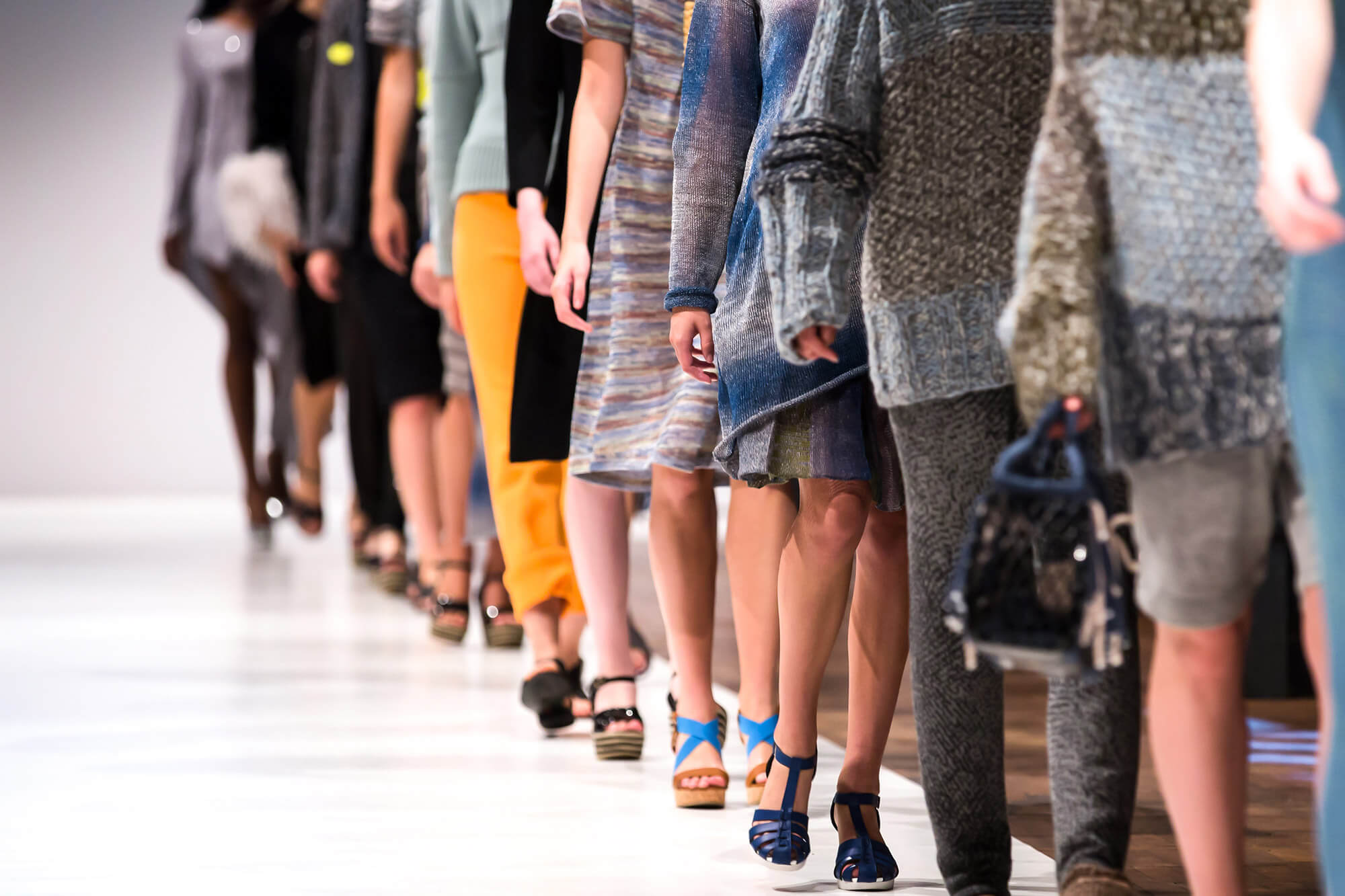Author: Kate (Alien CPA)
Fashion is more than just fabric and style; it’s a powerful form of self-expression that communicates aspects of our personality, emotions, and identity. The relationship between clothing and psychology is a fascinating realm that delves into how what we wear can influence our thoughts, feelings, and interactions with the world around us.
Clothing as a Means of Self-Expression
Our clothing choices often serve as a visual representation of who we are and how we wish to be perceived. From vibrant colors to tailored silhouettes or casual wear, each garment communicates a message, allowing us to express our individuality, values, and mood.
Influence of Mood and Emotions
The clothes we choose to wear can significantly impact our mood and emotions. Studies in fashion psychology suggest that wearing certain colors or styles can evoke specific emotions. For instance, vibrant colors like red or yellow may evoke feelings of energy and confidence, while soft, muted tones can induce a sense of calmness.
Psychological Impact of Dressing Up
The act of dressing up, even if done for oneself, can positively impact self-perception. Putting on clothing that makes us feel attractive or confident can boost self-esteem and influence behavior. This phenomenon, known as “enclothed cognition,” suggests that the clothing we wear affects our cognitive processes and behaviors.
Cultural and Social Signifiers
Fashion serves as a cultural and social signifier, reflecting societal norms, values, and group affiliations. Certain dress codes or styles may align with specific social groups or convey messages about one’s belongingness or rebellion against societal norms.
Psychological Comfort and Functionality
Comfort in clothing extends beyond physical comfort; it encompasses psychological comfort as well. Wearing clothing that aligns with our personal preferences and identity contributes to a sense of psychological comfort and authenticity. Functionality also plays a role; choosing clothing that suits the occasion or task at hand can impact confidence and performance.
Evolution of Personal Style
Personal style is a reflection of our evolving identities and experiences. As we navigate life’s changes, our fashion choices may evolve, reflecting shifts in our personalities, values, or aspirations. Experimentation with different styles allows us to explore and express different facets of ourselves.
Conclusion: The Psychology of Fashion and Identity
In conclusion, fashion psychology underscores the intricate connection between clothing and self-expression. Our clothing choices are a form of non-verbal communication, shaping perceptions, emotions, and self-perception. Understanding the psychological implications of what we wear offers insights into how fashion influences our daily lives and empowers us to use clothing as a tool for self-expression and empowerment.

